Naturopathy program
Naturopathy program:
Our program of naturopathy involves an average of 1900 hours of study and it contains five specific and distinct parts:
1. The first part covers the acquisition of knowledge, based on proven courses offered on line and presented in four semesters of 13 booklets each (multimedia presentations). At the end of each booklet, an objective questionnaire allows to prove the degree of understanding of the student on the subject taught.
2. The second part involves four (4) exams: functioning of the human body, pathology, trophology (food management) and medical terminology. Each of these subjects is examined in order to verify the degree of knowledge of the student in these subjects. These exams take place online, in real time. Preparation notes are provided for each exam.
3. The third part involves the consolidation of acquired knowledges. In this section, the student must answer 35 multiple-choice questions following the analysis of various tables presented to him. A personal search is required to successfully complete this part.
4. The fourth part focuses on the art of healing. It involves 35 multiple choice questions. In this part, the student receives a document of approximaltely 60 pages on the therapies to be applied in the treatment of diseases. This can be used as a practical traineeship.
5. The fifth part and last part requires the production of a memorandum on a specific subject (vitamins, minerals and trace elements). This brief must be written according to detailed specifications that are provided to the student in due course. Each of these parts of the course must be executed in the specified order.
Part one: involves 4 semesters
This first part of the course is divided into 4 semesters of 13 booklets each
First semester: 13 booklets
Introduction to naturopathy (100)
Basic health principles (101)
Classification of natural health factors (102)
Food constituents (103)
Acid-base residue and pH of food (104)
Biological transmutations (105)
The great nutrition systems (106)
Comparative anatomy and physiology (107)
Food combinations (108)
Dietary supplements (109)
Water (110)
Air (111)
Sunshine (112)
Second semester: 13 booklets
Recreational factors (213)
Exercise (214)
Development of the naturopathic ideology (215)
Basic approach in naturopathy and prevention (216)
The evaluation of vitality (217)
How to determine one’s temperament (218)
Bacteriology and virology (approach to vaccines) (219)
The control of our emotions (220)
Faulty body postures (221)
Placebo and the placebo effect (222)
Sexual activity (223)
Psychological behavior (224)
Breathing techniques (225)
Third semester: 13 booklets
Exercises leading to relaxation (326)
Fatigue (327)
Forms of rest (328)
Sleep (329)
Gerontology (330)
Naturopathic notions of pathology (331)
Chronobiology (332)
Evaluation of normal weight (333)
Trophotherapy (334)
Hydrotherapy (335)
Thermotherapy (336)
Scientific Research (337)
The spiritual aspect (338)
Fourth and final semester: 13 booklets N.B. Each
Heliotherapy (439)
Kinesitherapy (440)
Phytotherapy (441)
Toxicology (442)
Iridology (443)
Fluoridation (444)
Organic farming (445)
Pregnancy and childbirth (446)
Childcare (447)
Naturopathic pediatrics (448)
Different medical approaches (449)
How to open and keep a patient file (450)
The practice of naturopathy and prevention (451)
N.B. Each booklet must be completed with an objective questionnaire.
Part two: Exams
This part involves four specific exams that focus on subjects implicate in naturopathic training.
This part allows to check the knowledge on the following subjects:
- the functioning of the human body;
- the pathology;
- the trophology;
- the medical terminology.
N.B. These exams are prepared from “Notes provided”. They take place online, in real time, at the time chosen by the student.
Part three: Consolidation of acquired knowledge
In this section, the student must answer multiple-choice questions that aim to measure his or her degree of assimilation and understanding of the subject. These questions include his ability to think, to think, to analyze and to solve certain problems. The answers to these questions require research and reflection. This personal research is a reality in the practice of naturopathy. It is important to be able to refer to reliable sources in practice.
Part four: The Art of Health Care
In this part, the student is asked to answer 35 multiple-choice questions based on the document provided, The Art of Health Care. This part is the equivalent of a practical traineeship since the student is confronted with scenarios that he could find in his practice. The answers to these questions require research and reflection. This personal research is a reality in the practice of naturopathy. It is important to be able to refer to reliable sources in practice.
Part five: Production of a thesis
This thesis (final project) must cover vitamins, minerals and trace elements. It must be produced according to the information provided in a document entitled Notes on the final project which has been prepared to enable the student to write this final project correctly. The student will have access to this document in due time. Further research will also be required for the writing of the final project.
IFN Professional programs
Our professional, comprehensive and accessible programs, created by Guy Bohémier, have trained qualified naturopaths for more than 45 years.


